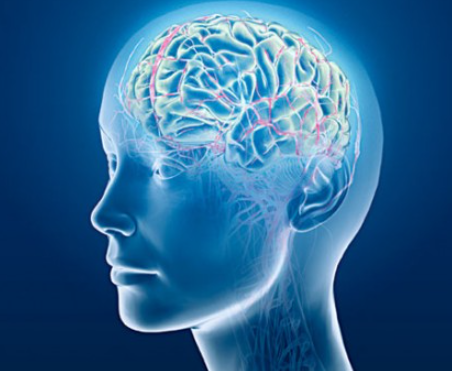The term ‘acquired brain injury’ (ABI) covers a range of neurological conditions resulting from damage to the brain, occurring after birth. Injury may be from trauma, stroke, infection or hypoxia. ABI poses challenges due to its diverse manifestations and impacts on individuals’ lives.
What are the main causes of ABI?
Traumatic ABI can result from accidents, falls or sports-related injuries, while non-traumatic causes include stroke, infections and hypoxia. The consequences of ABI are profound, affecting physical, cognitive and emotional functioning.
The clinical presentation of ABI varies, depending on severity, location and type of injury. Physical impairments include paralysis, weakness, balance and sensory disturbances. Cognitive deficits manifest as memory, attention and language difficulties. Emotional changes like depression, anxiety and mood swings are common after ABI.
ABI is covered in mental health training courses, in terms of both recognition and treatment. Training providers such as https://www.tidaltraining.co.uk/mental-health-training-courses/ offer specialist modules in ABI and its wide-ranging effects.
How common is ABI?
In the UK, there are approximately 1-1.5 per 1,000 people living with ABI. It is most often seen in young adults and those over 65, and it is more common in men than women. ABI is a leading cause of disability, contributing to long-term physical and cognitive impairments and reduced quality of life.
Management of ABI involves a multidisciplinary approach encompassing acute care and ongoing rehabilitation. In the acute phase, timely assessment and stabilisation are critical to prevent secondary brain injury. Rehabilitation aims to restore lost function and maximise independence. The importance of supporting mental wellbeing is emphasised by specialist organisations like Headway.
Image credit
Initiatives such as the NHS Long Term Plan and the development of a national ABI strategy aim to improve access to specialised neurorehabilitation services, enhance collaboration between healthcare providers and promote innovation in ABI care.





